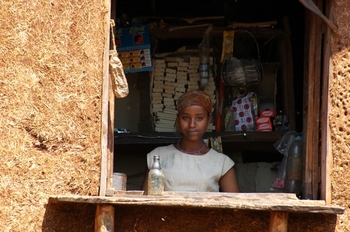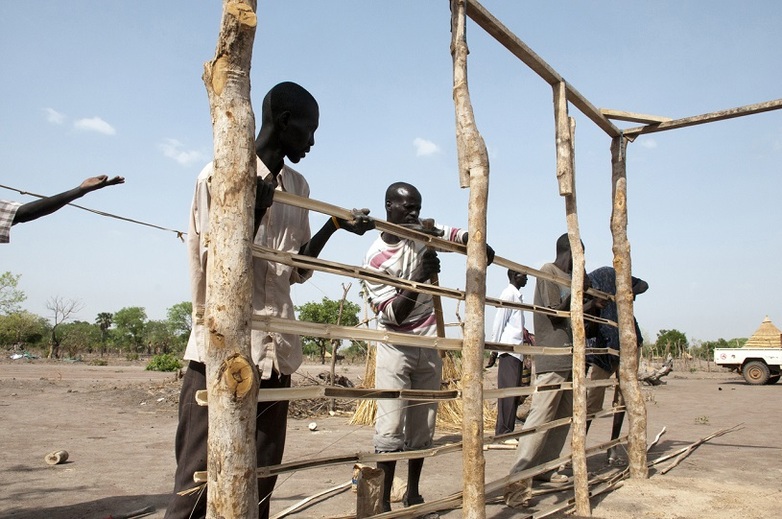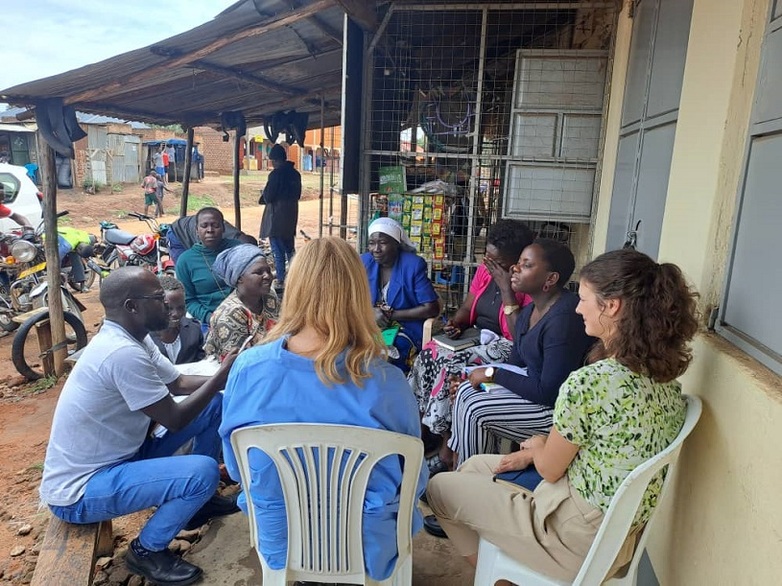Strengthening the Socio-Economic Participation of Refugees and Host Communities
Strengthening the Socio-Economic Participation of Refugees and Host Communities in West Nile, Uganda (ParWEST)
-
Client
Federal Ministry for Economic Cooperation and Development (BMZ)
-
Country
-
Political sponsors
More
-
Runtime
2025 to 2028
-
Involved
Department of Refugees, Uganda; Ministry of Water and Environment, Uganda; district councils; civil society organisations
-
Products and expertise
Security, reconstruction, peace

Context
Uganda hosts the largest number of refugees in Africa, mainly from South Sudan and the Democratic Republic of the Congo. This places a heavy burden on the host communities who face the additional challenges of climate change and competition for natural resources (e.g. firewood) and jobs. The prices of essential food items keep rising.
The Ugandan Ministry of Local Government and the district councils are not in a position to identify and address all the needs of refugees and of their own vulnerable communities. Furthermore, the national Department of Refugees and civil society organisations lack the capacities and participation formats required to facilitate the social participation of refugees and vulnerable groups and to provide psychosocial support.
 © GIZ
© GIZObjective
The socioeconomic participation of refugees and vulnerable host communities is strengthened in selected districts in north-west Uganda that are affected by climate change.
 © GIZ
© GIZApproach
The project implements three priority areas for action in selected host communities:
- It advises the country’s Department of Refugees as well as the decentralised regional administrations and develops capacities to enable them to incorporate key issues into their planning processes. The focus is on climate change adaptation, disaster risk managment, local economic development, social cohesion and non-violent conflict resolution.
- The project also strengthens the economic participation of refugees and vulnerable host communities by creating job opportunities. It boosts their skills and employability by providing training in business development, accounting and marketing.
- The project strengthens the capacities of women’s, refugee and youth organisations, as well as those of organisations that focus on the inclusion of people with disabilities.
Last update:December 2024






